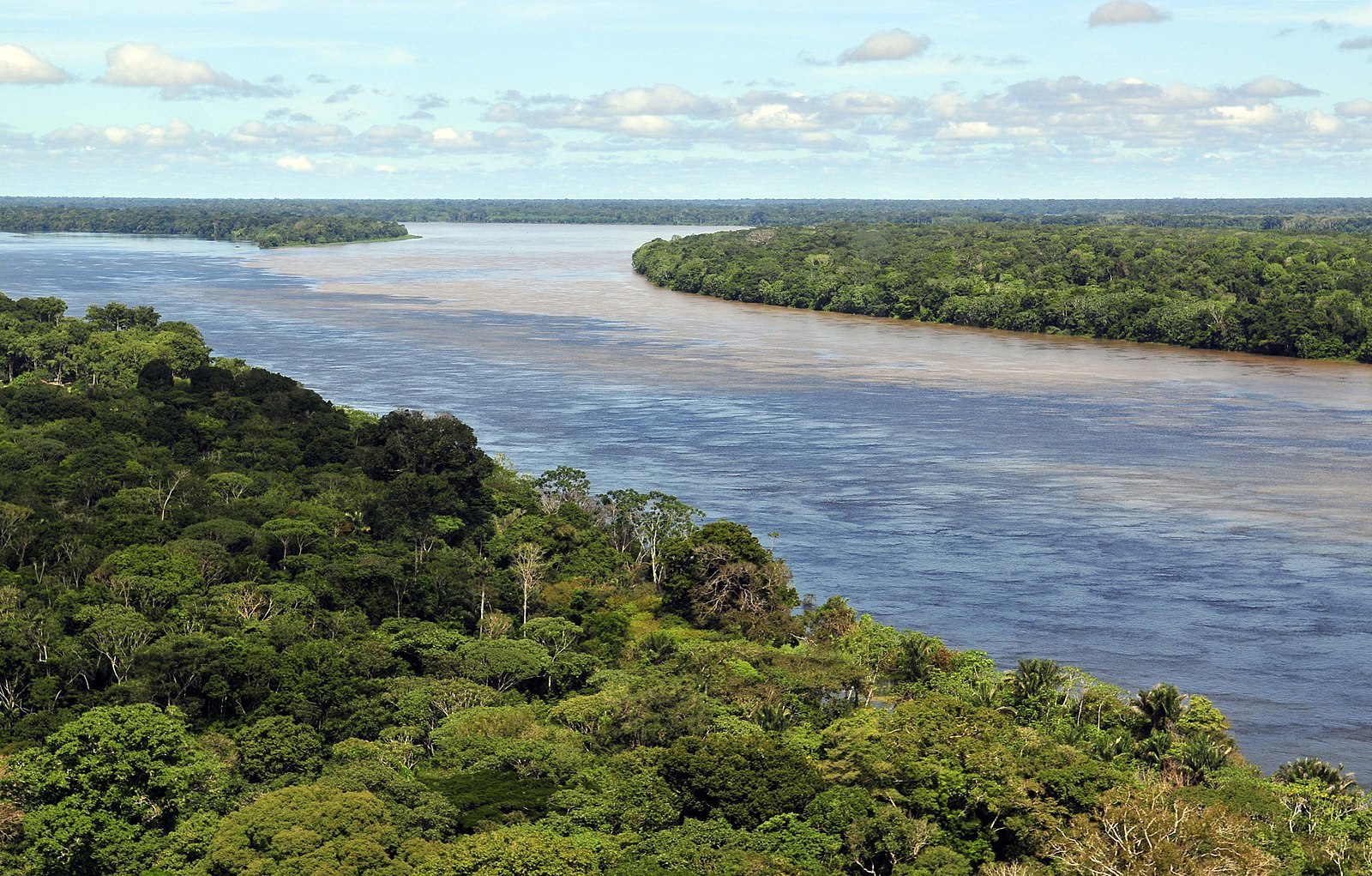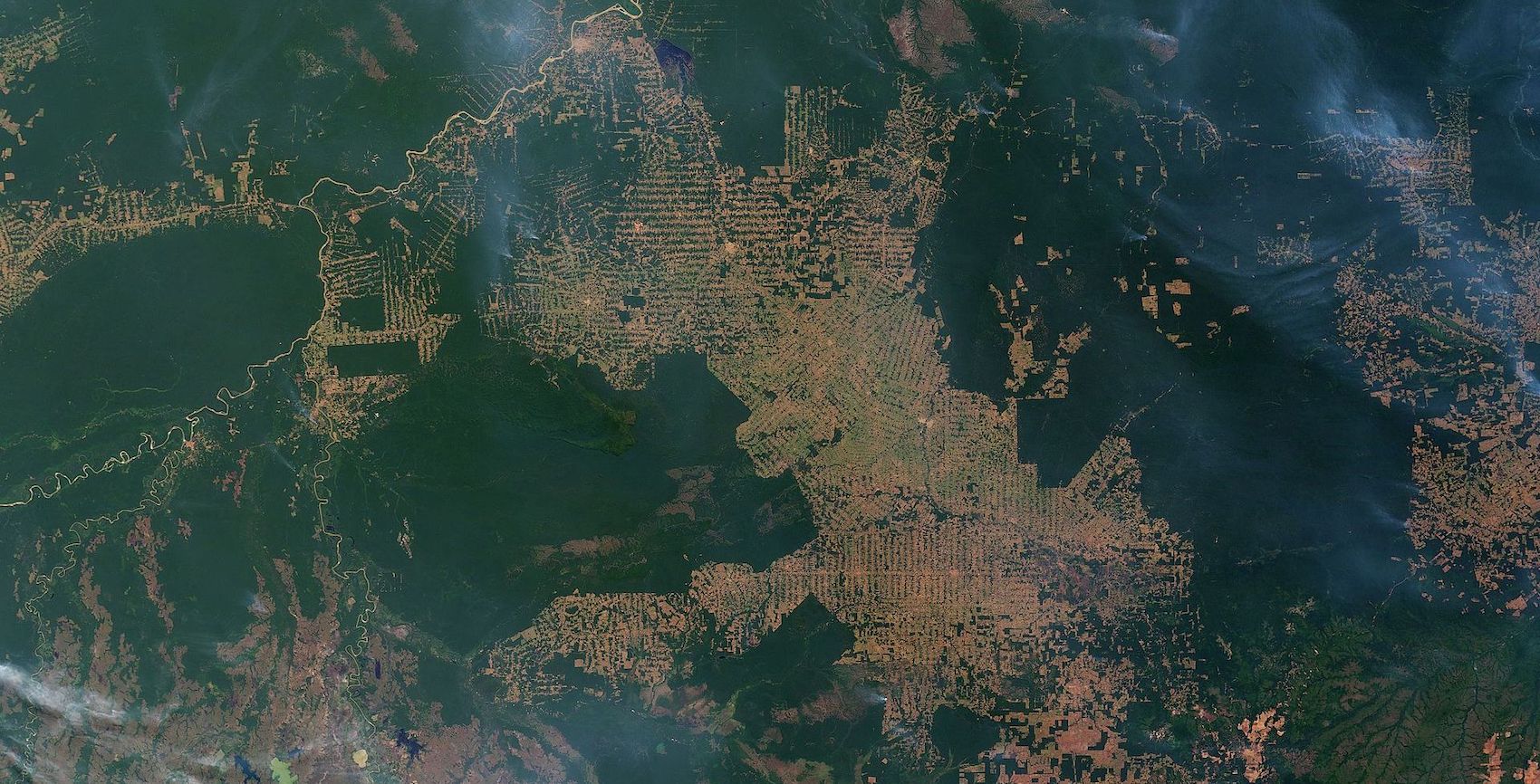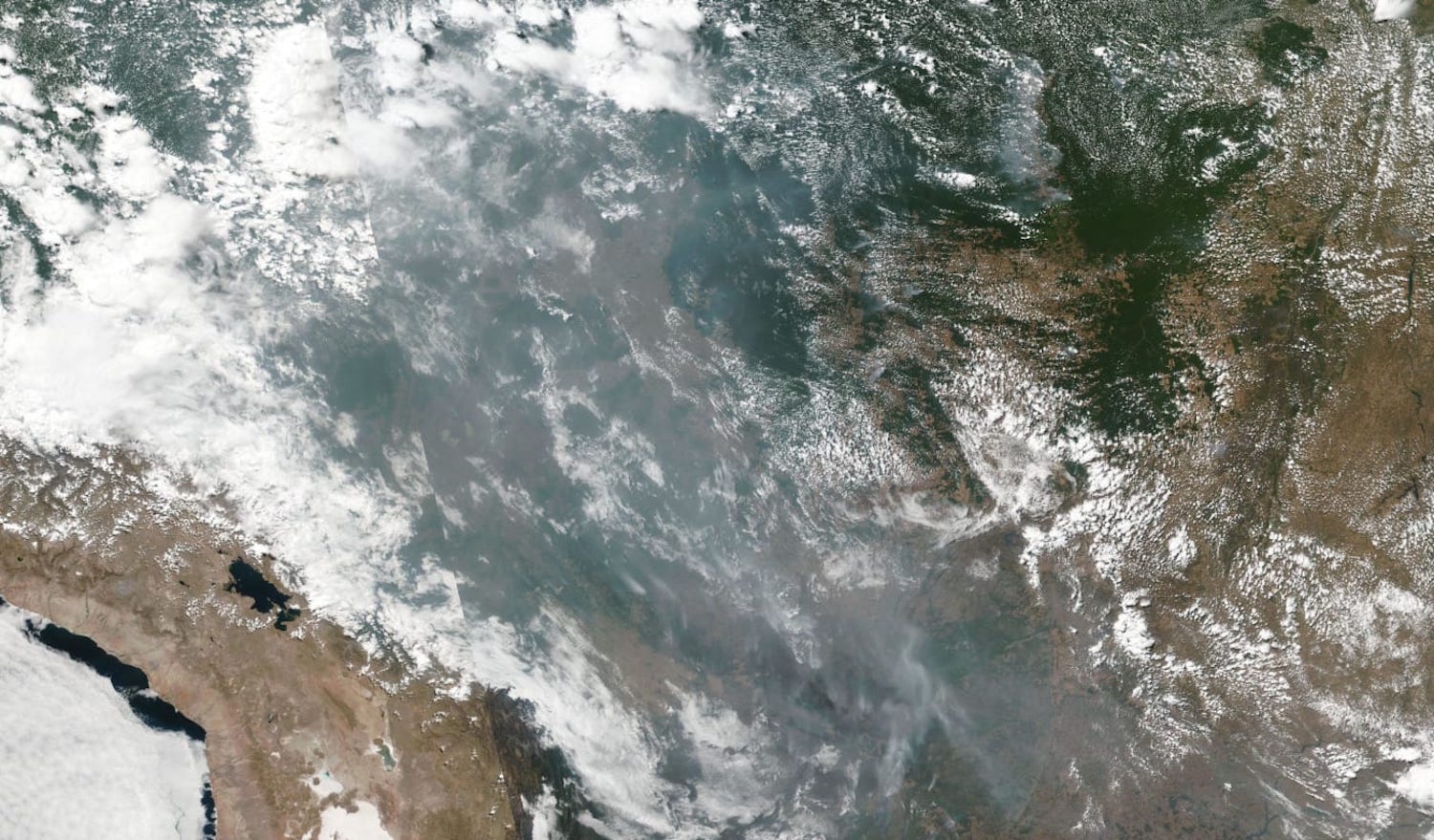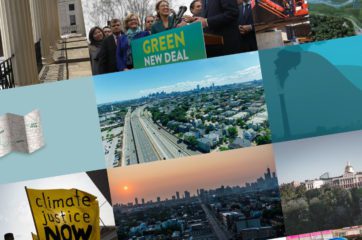As a diver, the vastness and power of the ocean have always been both grounding and humbling to me. Humbling because when in the ocean, you can see how small, vulnerable, and –dare I say –insignificant we really are, and we all need that sometimes. At the same time, the ocean has also been a metaphor for connectedness, fluidity, and dependence.
There is only one other thing on this planet that has had the same effect on me, and that was the Amazon rainforest. With more trees than stars in our galaxy, the Amazon is a seemingly endless sea of green. Unfortunately, this week that end came into sight, as the summer saw a massive increase (83%) of fires over the same period last year, and we watched through our screens the horrifying flames engulf and devour the rainforest.
Our social media feeds have been flooded by awareness messages and photos taken from space that show the massive smokestacks ransacking our most precious resources, while adding to the already precarious levels of carbon pollution in our atmosphere.
We are now all seeing with our own eyes what so many have been warning us of for far too long: the Earth is burning, and we are running out of breath.
During this week of much-needed news and media coverage of the crisis in the Amazon, we take a look at why this rainforest is so critical to life on Earth, why this is not a new issue, and where we can go from here. Let’s start here: while this week’s fires have been horrific to watch and so many eyes on the Amazon are very welcome, it is not the rainforest we need to be praying for, but ourselves.
The magic of the Amazon

Beneath that seemingly endless canopy of green lies a world of its own, which is home to 1 million indigenous people, and housing one-tenth of the planet’s plant and animal species. The rainforest is ten times the size of Texas, and produces 20 times more oxygen than all the people on Earth could consume, but not one breath of it leaves the Amazon. There is so much life within that it consumes it all.
Above the Amazon river basin is another, almost invisible current – floating rivers of clouds filled with water, responsible for providing oxygen, nutrients, regulating currents, and acting like a heart to the planet’s atmospheric systems.
It is hard to grasp the scale and the importance of this natural resource to life on this planet as we know it, harder even to truly comprehend what is at stake if we continue destroying it at this rate. Ultimately, while the beauty and power of the Amazon onto itself is immense, its ties to our livelihoods is indisputable. Therefore caring for it, and fixing this mess we have ended up in is intrinsically an existential and deeply selfish pursuit for us.
Up in flames
This year, between January and August, around 73,000 fires have been recorded in the Amazon, which is nearly double 2018’s total of nearly 40,000. It’s a record high. Since Thursday, almost 10,000 new fires have started.
Watching the Amazon fires this week has been heart wrenching as hundreds of years worth of trees, ecosystems, are just burned away by the hectare. And for someone who spends most of my days thinking about how to curb carbon emissions from our fossil-fuel-reliant economic activities, to watch as immense amounts of carbon are added to the seemingly insurmountable problem we already face, is demoralizing.
What is at stake here is immense. Specifically, with the current state of the climate crisis, what we are seeing in the Amazon is a tragedy we cannot afford. We need every bit of carbon possible captured and safely stored away. Instead, it is being released by the tons, leading in turn to even more precarious levels of global carbon pollution and the resulting crisis we are facing.
Worse, but not new

Fires and deforestation in the state of Rondônia.
One more thing that has been on my mind is that while this week has seen an incredible output of support and awareness around the issue in the rainforest, the problems facing it are sadly nothing new.
Agribusiness is the number one driver of deforestation worldwide. A main driver of deforestation in the Amazon is the clearing of land for cattle raising or crops – many of them grown to feed livestock, not humans. Palm oil plantations have also contributed to the issue, and not just in the Brazilian Amazon – Colombia has also opened up vast amounts of its territory, including in the rainforest, to big business.
Back to January, when Brazilian President Jair Bolsonaro took office, we, among many others, raised concerns about his potentially devastating policies. Besides being a racist, sexist, and homophobic advocate of torture and dictatorship, Bolsonaro also rang alarm bells for his pledges to open up the Amazon to agribusiness, abolish Brazil’s environmental agency, roll-back protections, and trample on indigenous rights.
He campaigned on exploring “economic opportunities in the Amazon” – something that got him support from farmers. And ever since taking office, he’s delivered on rolling back protections for the environment – including giving less money to Brazil’s environmental protection agency and making it harder for the agency to hand out fines. During the months since his election, deforestation has skyrocketed in Brazil – which is a main driver of the fires we are currently seeing.
And the issue of leaders like him is not only a Brazilian problem. Pointing out that far-right populism is on the rise globally is anything but a revelation at this point. We have seen the world elect Trump in the U.S., Duterte in the Philippines, Erdogan in Turkey, Sisi in Egypt, and now Bolsonaro in Brazil. They join a list of authoritarian, not-really-elected leaders in China, Russia, and Saudi Arabia, which taken in conjunction pose a serious threat to many things we hold dear –the environment being one of them.
It is no coincidence that all of these men rose to power backed (and back-ing) big business, most notably in the energy sector. There are serious and potentially irreversible environmental implications of such waves of far-right leaders, who tend to be pro big business and largely anti regulation, playing to the interests of some of the world’s most environmentally damaging actors.
What you can do
1. Adjust your eating and spending habits to align with your values
Your eating and spending habits are also political today. Three times a day, every day, we make choices that directly influence not just our health, but also the markets and economic incentives for certain industries to grow and thrive. If you have the privilege of having access to food that covers your most basic needs every day, then you also have a responsibility to question the impact on the planet, on other human beings and animals with whom we share the Earth. Take that responsibility seriously.
Read More
33 percent of arable land in the world is used to grow feed for livestock and 26 percent of the ice-free terrestrial surface is used for grazing animals. This amounts to about one third of the land on Earth being used to produce meat and animal products. What if, instead of using so much of our precious land on growing single-crops that end up feeding animals, we used it to grow more fruits and vegetables that can feed us?
This also doesn’t mean you have to go vegan tomorrow, but being mindful of these issues can help you think more critically about even reducing your consumption of products that lead to the massive problems you care about solving. If everyone in the country reduced their consumption of beef, pork, and poultry by a quarter and substituted plant proteins, we’d save about 82 million metric tons of greenhouse gas emissions per year. Importantly, remember that it’s not about being perfect, or asking others to be, but doing what you can with what you have.
We don’t need a few people being perfectly sustainable, but rather every single person doing it imperfectly, that is how we will achieve true impact at the scale needed.
2. Vote & become a multiplier of the message
Sharing things on social media might be great, but it is not enough. Voting might be the most important way you personally can create the changes you believe need to occur in the world. If right-wing leaders and their policies are something you are concerned about, then you need to vote. Not just in presidential elections, but you need to continue to show up for local and congressional elections, too. All of them matter, and the leaders we elect – or remove from office – will be a massive factor in getting us out of this mess.
Read More
You can also become a messenger. If you learn something new in your own journey that can be useful to friends and family, then share it – become a multiplier of the message we need to be telling right now. This should not ever be about shaming people or criticizing, remember at one point you also didn’t know everything you now do, so be humble and kind.
Staying informed and learning about the issues and how you can continue to be involved and be part of this movement and change is also very crucial. You can subscribe to our newsletter for weekly updates on the state of the climate crisis, environmental politics, and climate solutions.
3. Donate, if you are able to, to frontline organizations doing great work locally
Financially helping organizations doing great work to preserve the rainforest is also an important way to get involved and make an impact. Here is a list of some charities working to do just that – which have also received at least three out of four stars from Charity Navigator, a nonprofit that rates charities on their accountability and financial management:









